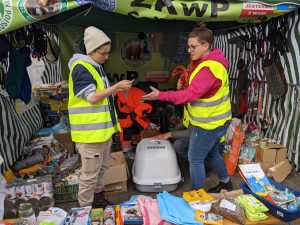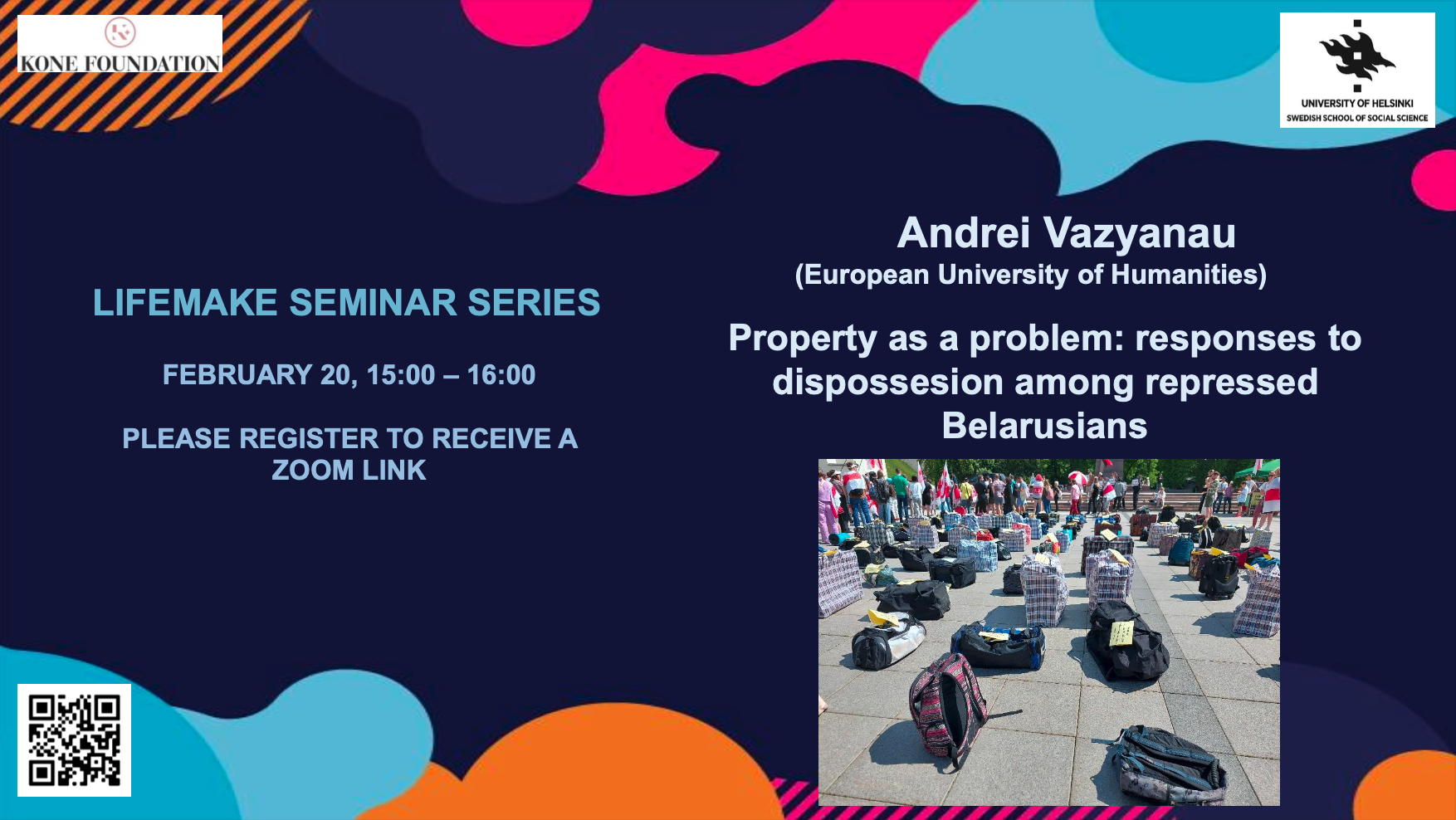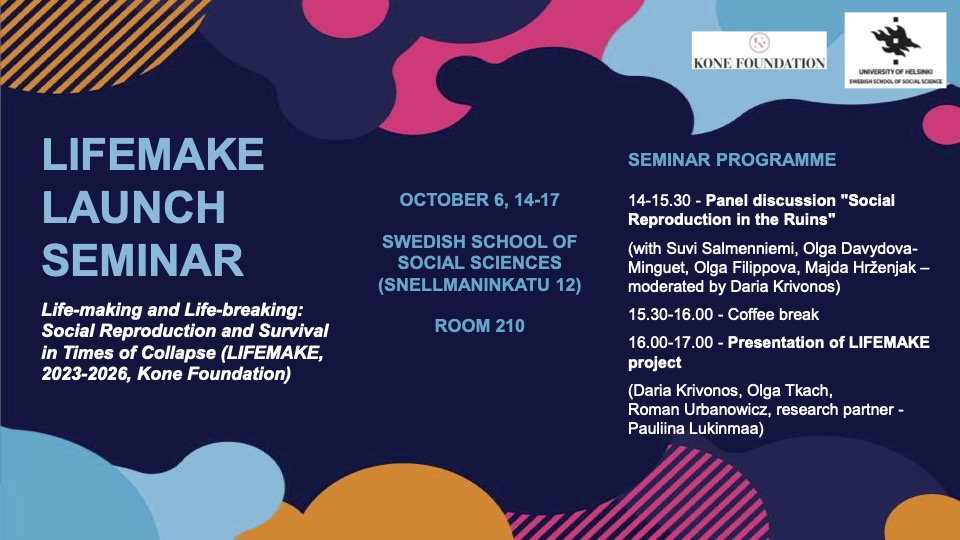May 14, 15:00 – 16:00 EEST (Helsinki time)
Hannah Schling (University College London)
Depleted social reproduction: frictions in a just-in-time dormitory labour regime.
Registration link: https://elomake.helsinki.fi/lomakkeet/129289/

Outsourced worker dormitories underpin the Czech Republic’s export-oriented and globally integrated manufacturing and warehousing sectors. Arranged by intermediaries and housing workers arriving from Slovakia, Bulgaria, Romania, Ukraine, and Mongolia, dormitories organise workers’ social reproduction towards mediating the ‘flexible’ temporalities of labour demanded by just-in-time production regimes. Drawing on ethnographic research within dormitories in two Czech cities, my talk examines ways in which these arrangements are also beset by logistical ‘frictions’ between depleted social reproduction, globally-integrated production, and workers’ contested im/mobilities. In other words, dormitories underpin the just-in-time dynamics of production, but also structure a raft of contradictions within the labour regime. My talk seeks to highlight contemporary dynamics within migrant workers experiences in Czechia, as well as open questions about the constitutive and crisis-riddled relationality of social reproduction and value production within logistical regimes, as well as the dimensions of mobility and emplacement within mobile workers’ means of contestation, agency and resistance.
Hannah Schling is a Lecturer in Economic Geography at University College London. Drawing on feminist political economy and labour geography, her research examines questions of social reproduction, temporalities, bordering and labour migration Central and Eastern Europe. Since completing her PhD in Human Geography at King’s College London she has held positions in the Geography Departments of the University of Glasgow and Queen Mary University of London.


